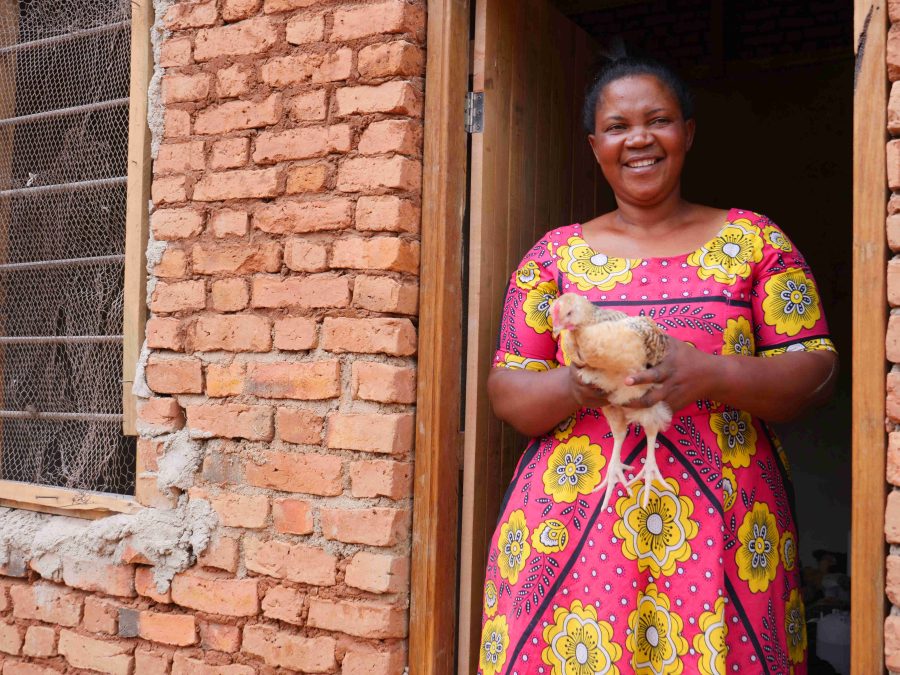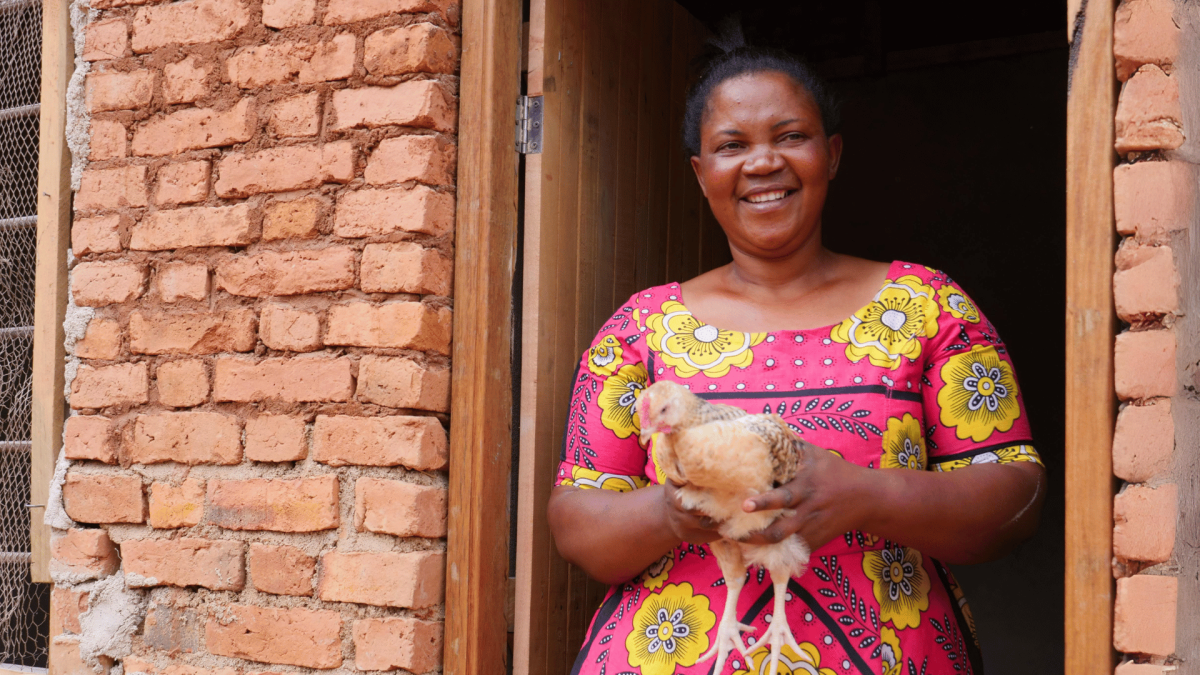For many of Africa’s 240 million women livestock keepers, success in the industry is a double-edged sword that brings difficult questions of its own, mainly: what happens next?
On top of existing obstacles women face in Africa’s livestock sector – from a lack of access to land, finance, technology and information about disease control – a successful livestock business can often lock horns with the prevailing gender and social norms across the continent.
For instance, research from the Food and Agriculture Organisation (FAO) shows that women face significant challenges when the fortunes of their business rise. These include difficulties balancing an increasing workload with other responsibilities and potentially losing control over their own resources and decision-making by attracting the attention and investment of their husbands or male family members.
As Africa endeavours to intensify its livestock production to meet food security goals, it is imperative to address these gender disparities to avoid unintended consequences and ensure equitable development. Acute care must be taken to avoid leaving women behind and jeopardising gender equality.
Addressing gender disparities to avoid unintended consequences for women livestock farmers
This is why the PREVENT project, a Ceva Santé Animale initiative in collaboration with GALVmed, is adopting a “gender lens” to intensify Africa’s livestock production. The Promoting and Enabling Vaccination Efficiently, Now and Tomorrow (PREVENT) project specifically focuses on providing vaccinations for day-old chicks at mid-size hatcheries across Africa.
This approach is crucial as mid-size hatcheries serve many women farmers. Poultry rearing and production, more generally, provides a valuable source of income to women farmers, while also making an important contribution to the reduction of food insecurity and rural poverty across the African continent.

Yet, across Africa, uptake of some veterinary vaccines – key tools to protect advances in productivity – has been limited. Small-scale poultry production struggle with access to quality vaccines and veterinary services. As a result, rural producers can have their flocks, and the income and stability they represent, wiped out overnight due to otherwise preventable diseases.
By focusing on disease prevention through increasing the accessibility of vaccinated chicks, the PREVENT project is not only boosting productivity by reducing livestock losses but also catering to women farmers, many of whom lack access to critical disease prevention technologies.
Likewise, through the provision of technical training and information dissemination about chicken management, biosecurity, and vaccination, PREVENT is bridging the knowledge and technical divide that holds back Africa’s poultry farmers, including women.
With the support of field technicians, the PREVENT project is contributing to greater animal production and income growth through improved disease control. At the same time, the project is bolstering the knowledge and skills necessary for successful poultry management, benefitting a diverse range of poultry farmers, including those traditionally overlooked women farmers.
In order to benefit future interventions, the PREVENT project is also seeking to improve understanding of the existing social norms impacting women and their success in the African livestock sector.
To achieve this, a gender landscaping analysis conducted by the project helped to shed light on these norms by presenting mock case studies of women involved in successful livestock businesses to focus groups across Africa. By collating responses from these groups, the analysis provided insights into the complex social and cultural norms shaping women’s experiences in the industry.
A step forward
The findings from the gender landscaping analysis are instrumental in informing future development interventions. Quantitative and qualitative impact assessments are also being carried out by the project to contribute to the understanding of gender perspectives in the sector. By understanding the expectations and challenges faced by women in the livestock sector, future projects can act more sensitively to ensure that women’s success does not come into conflict with prevailing social norms. This proactive approach is essential for creating an inclusive and equitable livestock sector in Africa.
Ultimately, intensification of animal production is crucial for providing nutritious food for Africa’s rapidly growing population. Yet, greater success for women livestock farmers can – counterintuitively – bring new challenges of its own.
Therefore, ensuring the overall success of Africa’s food system transformation means also addressing prevailing gender disparities in the livestock sector.
By responding to existing gender gaps in livestock health and improving understanding of complex gender dynamics affecting their livelihoods, the PREVENT project is playing a vital role in ensuring that Africa’s dynamic women farmers are not left behind.





